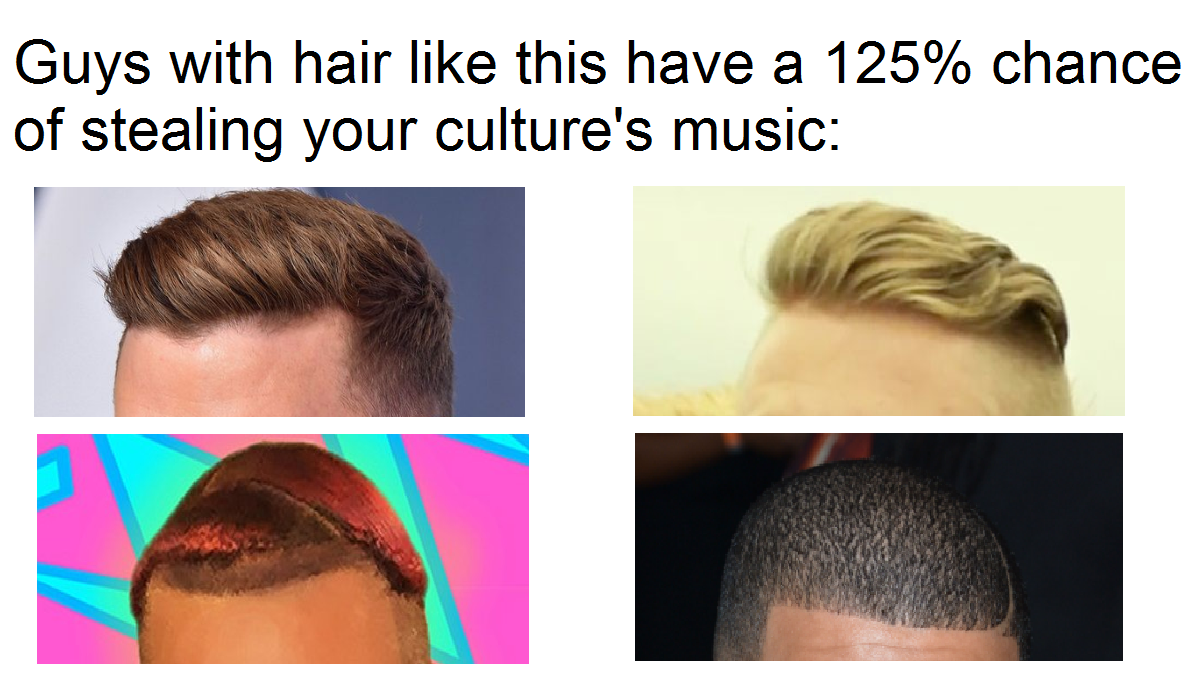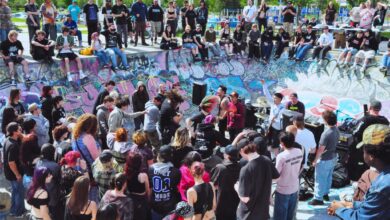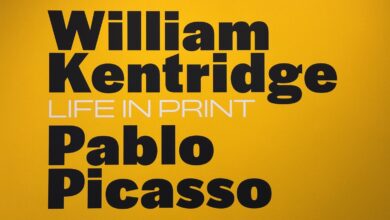Appropriation, or just making music?
 Sam Podgurny
Sam PodgurnyWhile the cultural melting pot has greatly benefited white culture at the expense of minority cultures, at least we can all agree we have gotten some good music out of it.
In June last year, Jesse Williams of Grey’s Anatomy gave a harrowing speech when accepting his BET Humanitarian award regarding the struggle of black Americans, touching upon many issues, including police brutality and cultural appropriation. In his speech, he states that “we’re done watching and waiting while this invention called whiteness uses and abuses us, burying black people out of sight and out of mind while extracting our culture, our dollars, our entertainment like oil.” Many showed support for Williams on social media, including Justin Timberlake, who was promptly shit upon by many Twitter users, calling out JT as a prime example of the exact cultural appropriation Williams spoke against. Is it fair to label Timberlake, along with other alleged appropriators, as hypocrites for showing support for a culture when they simultaneously borrow from it? While some believe the answer is a resounding yes, I argue the accusations are not as black and white (sorry) as they seem in terms of music.
Cultural appropriation, put simply, (aka according to Wikipedia) is a “the adaptation or use of the elements of one culture by members of another culture.” While this definition is innocuous, it does not account for racial inequality that makes cultural appropriation the issue it is seen as today. White people do not face the same obstacles as racial minorities do, so when white artists imitate the music of minority cultures, these artists have a privilege over the minority musicians in the same style. Additionally, racial biases are commonly believed to benefit artists and entertainers financially. The result is cultural appropriation is a very loaded term with negative connotations.
Looking at Timberlake’s music, it generally falls within the broad spectrum of R&B, a predominantly black genre, so by definition it’s appropriating black culture. Cultural appropriation of R&B is not a new thing, going as far back to the 60’s with white bands like The Rolling Stones borrowing guitar licks and other musical ideas from their black predecessors. On the flipside, one of the first black hardcore punk bands Bad Brains originally began as a Jazz Fusion band, but moved towards tearing up New York’s heavily white punk-scene. Bad Brains was monumental in breaking down punk’s walls to diversity, but when many white artists move into typically non-white genres, like the Beastie Boys, the reception is beyond the music. The issue at hand stops being musical, but political – and I’m a firm believer the music should speak for itself, not the color of an artists skin.
Music, as important as it is to culture, is also an art form, and part the beauty of art is the subjectivity that allows anyone to enjoy it. When musicians hear something they like, they seldom think in terms of race, but in terms of the musical content: the notes, rhythms and textures. Art is transcendental to the issues that may surround it, allowing artists to say what they want to say and listeners to hear what they want to hear.
Critics of this type of musical appropriation end up promoting a sense of exclusivity – limiting who can make certain types of music and stifling musical self-expression. A socially aware musician can do great things for a genre – the same sentiment expressed when the South African Musician’s Union graciously accepted Paul Simon into their country to produce his acclaimed Graceland album. Despite political backlash from Anti-Apartheid groups and the ANC, Graceland can be retrospectively seen as benefiting South African artists, promoting collaboration between artists that were unequal under the Apartheid institution. A socially aware musician definitely shouldn’t need to worry about being called out when showing support for racial equality, even when borrowing from another culture in the process.
I’m not saying cultural appropriation isn’t an issue today. Misappropriating aboriginal headdresses, for example, diminishes their traditional meaning when drunken white kids at music festivals wear them. But the traditional meaning of hip-hop isn’t lost when Eminem raps about topics of hardship and adversity. Even monetarily, is JT’s R&B crooning hurting black artists? Considering the biggest names in R&B today are almost all black (Beyonce, Rihanna, The Weeknd, and Drake all spring to mind) it’s hard to make the argument.
On his latest album Views, Drake liberally borrowed from Caribbean dancehall music (see the most streamed song on Spotify ever, “One Dance”), yet his only claim to anything related to Caribbean culture is limited to the fact his hometown (the 6) is quite ethnically diverse. Drake is head and shoulders more popular than any legitimate dancehall star, save for maybe Rihanna, but this isn’t seen to be nearly as damaging, when musically, it’s exactly the same case of appropriation as with Timberlake. Besides, Let’s be real here, at the end of the day, the best music sounds authentic.
Point is, musicians from every culture have borrowed from another culture at some point, and the result is an interesting, diverse world of music. JT isn’t a saint – let’s not forget he did rock cornrows at one point – but bashing him for supporting what Jesse Williams had to say about racism isn’t just. Cultural appropriation is not an issue within itself, but a direct byproduct of racial inequality. We need to look at the intent behind the music before jumping to conclusions – and being supportive of different cultures says a lot about an artist’s intents when borrowing from another culture.
Melting pot music playlist:




